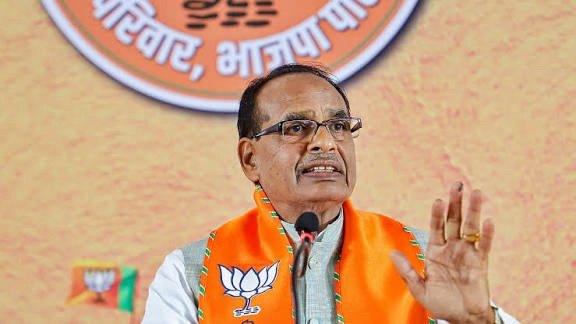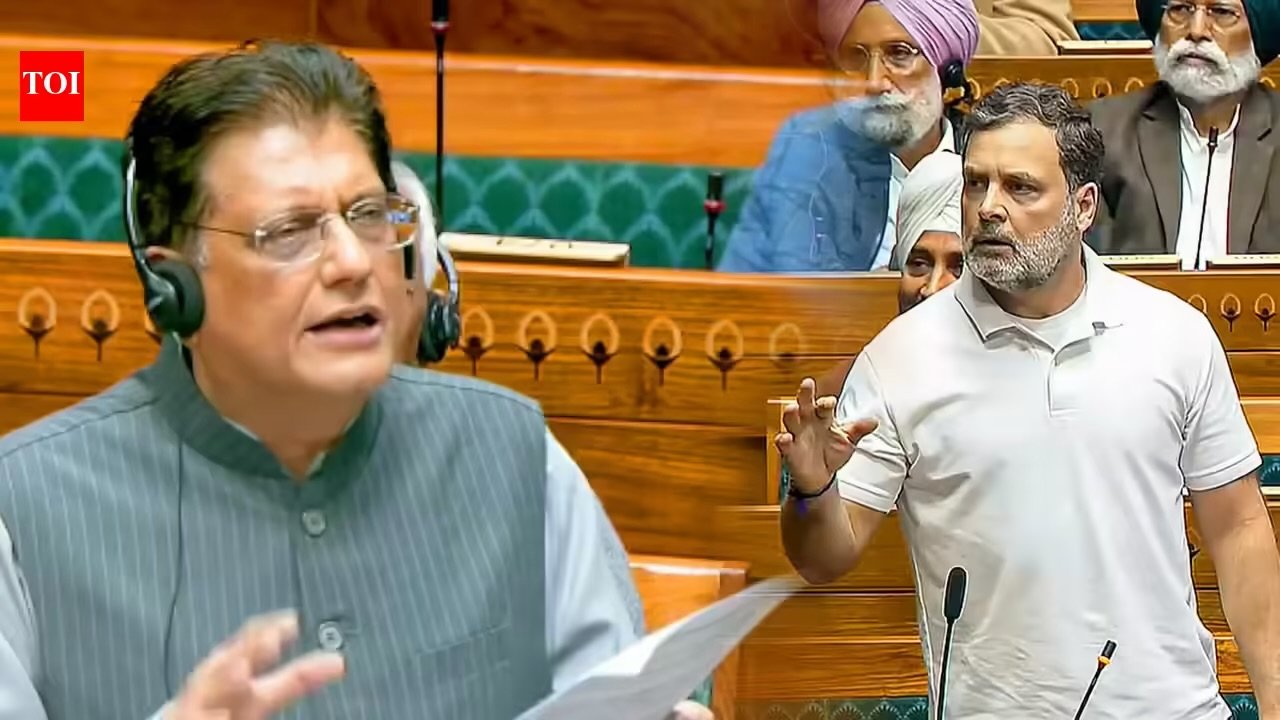In a landmark decision, the Supreme Court recently upheld the constitutional validity of the Uttar Pradesh Madrasa Education Act, 2004, reinforcing the nation’s commitment to the rule of law. This judgment not only overruled the Allahabad High Court’s earlier decision that had struck down the Act but also set a precedent affirming the judiciary’s role in balancing religious freedoms with the state’s right to regulate education. This ruling is a testament to India’s secular framework, ensuring that all educational institutions function under standards that foster quality education.
The core of this decision lies in its emphasis on lawful governance, which reassures the Muslim community and other minorities that their religious rights remain protected under the Constitution. At the same time, it reminds citizens that educational standards must evolve to meet the needs of an increasingly interconnected and competitive world. The decision highlights that state governments are empowered to introduce rules regarding religious and secular education as long as they adhere to constitutional principles, aiming to provide students with a balanced education that prepares them for diverse career paths.
This judgment comes after the Allahabad High Court, earlier this year, declared the 2004 Act unconstitutional, directing that students in madrasas be enrolled in regular schools. The High Court’s ruling created a wave of reactions from various community leaders, political figures, and religious clerics, some of whom denounced the decision as an Infringement on religious rights. However, the Supreme Court’s ruling has now put such doubts to rest, underscoring that the state’s power to regulate educational standards includes madrasas and other religious institutions within its jurisdiction.
This judgment should be seen as a pivotal moment for the Muslim community, prompting reflection on the importance of trusting India’s judicial system rather than responding to provocative statements that may arise from religious or political figures. The reactions of some leaders and clerics to the Allahabad High Court’s initial ruling were fueled by emotions, with calls for protests that questioned the judiciary’s intent, It is essential for Muslims to understand that succumbing to such rhetoric often serves the political ambitions of certain leaders and figures rather than addressing the true interests of the community. In recent years, we have witnessed situations where emotionally charged statements from influential figures have Incited public dissent, often leading to a loss of focus on constructive solutions, Rather than fulfilling the educational aspirations of students or supporting the community’s growth, these reactions have sometimes led to polarization. The Muslim community should stay vigilant, critically analysing such statements and recognising that they can distract from meaningful discussions on education and empowerment. Instead of following those who seek only to gain political mileage, the community can contribute to a constructive dialogue on how educational reforms, even within religious Institutions like madrasas, can benefit students in the long run.
The Supreme Court’s ruling emphasises that regulating madrasa education is not an attack on Islamic education or religious freedoms. Rather, it is a step toward aligning madrasas with broader educational standards that can equip students with the knowledge and skills necessary for modern-day challenges. Quality education, including secular subjects and life skills, helps open doors to broader opportunities, empowering students from all backgrounds, including those educated in madrasas. Such reforms ensure that madrasa students are not left behind in a competitive job market and have the skills needed to engage meaningfully in society. India’s rule of law protects the rights of all citizens, regardless of religion, while also recognising the need for educational standards that serve the nation as a whole. This decision invites the Muslim community to view educational regulation as a part of the country’s efforts to uplift every student’s potential rather than as an infringement on religious rights. With trust in the Constitution and judicial process, Muslims can play a proactive role in shaping a future where religious education complements rather than conflicts with contemporary educational goals.
The Supreme Court’s affirmation of the Madrasa Education Act is a call for Muslims and all citizens to reaffirm their trust in India’s democratic institutions. Rather than being swayed by rhetoric, the community can focus on constructive engagement with the government and judiciary. By supporting lawful and well-considered educational reforms, the Muslim community can ensure that its youth receive both religious and modern education, empowering them to contribute to a diverse and progressive India. In embracing this judgment, the Muslim community not only strengthens its commitment to the Constitution but also champions a future where education leads to empowerment, unity, and an inclusive vision of India’s prosperity.
-Resham Fatima, International Relations,
Jawaharlal Nehru University



